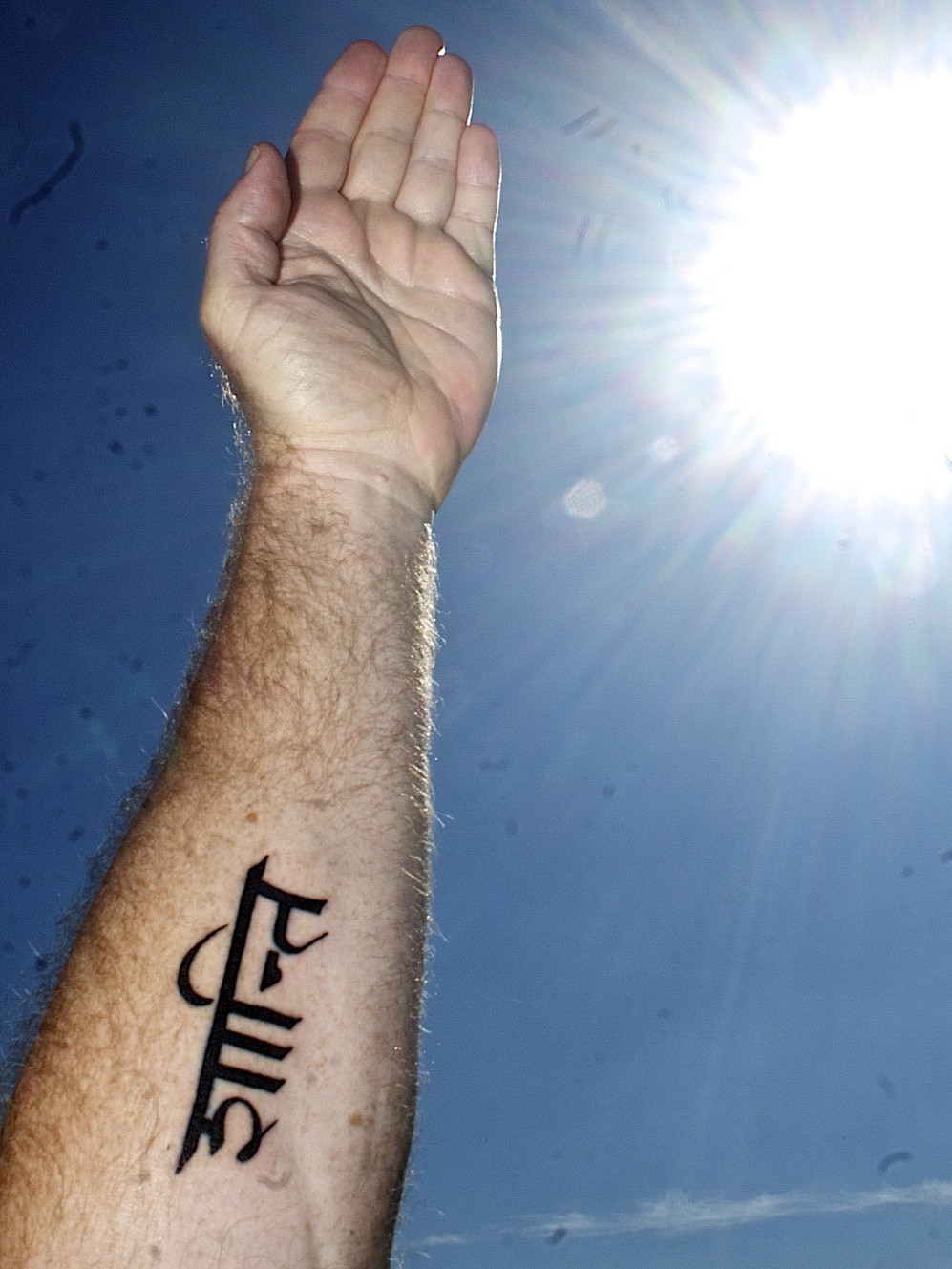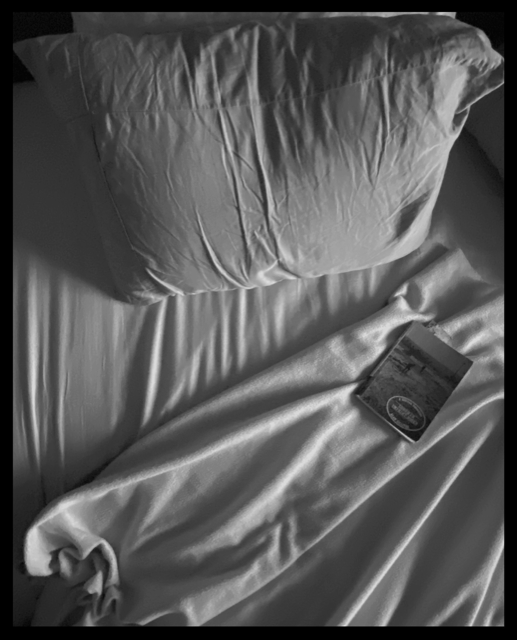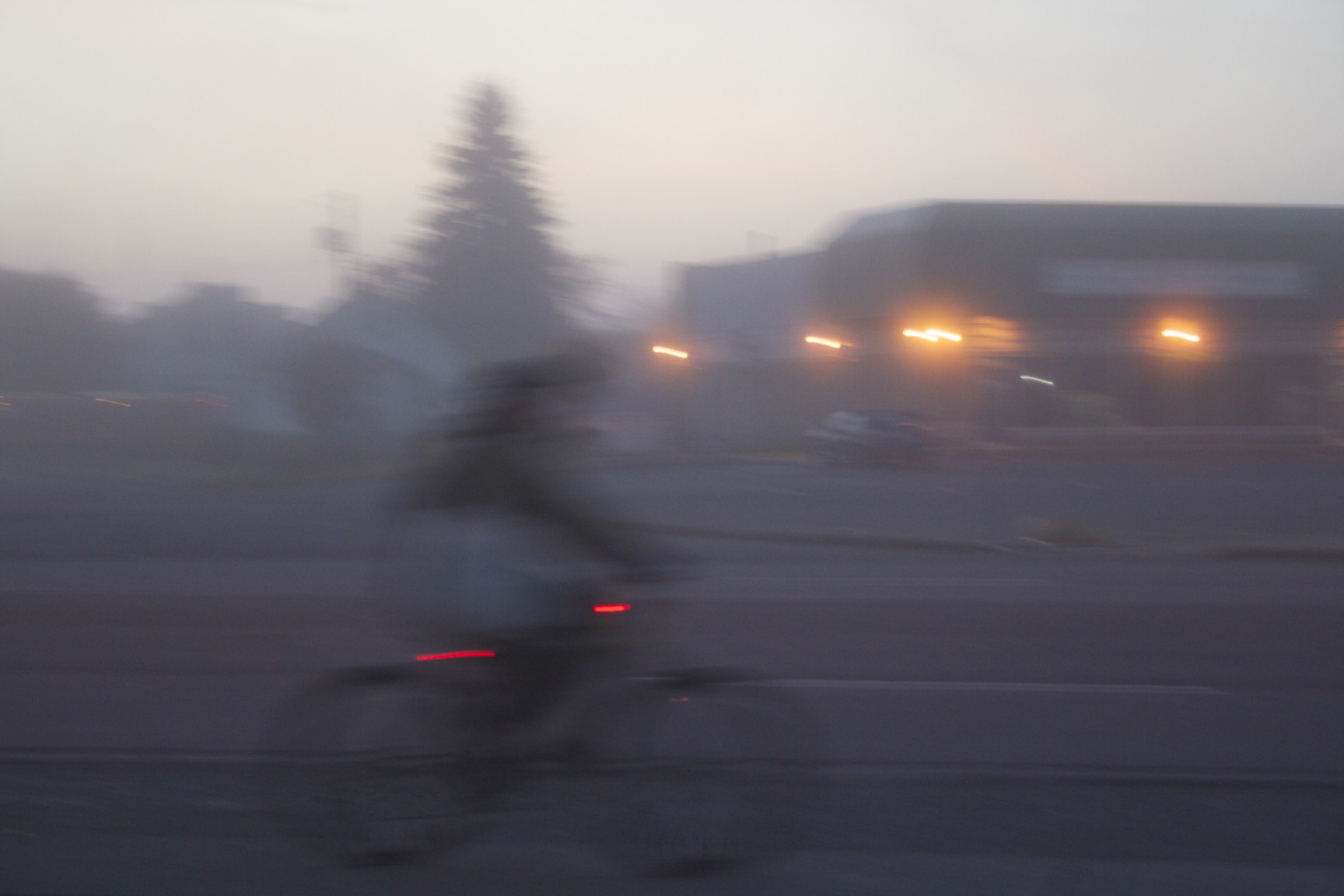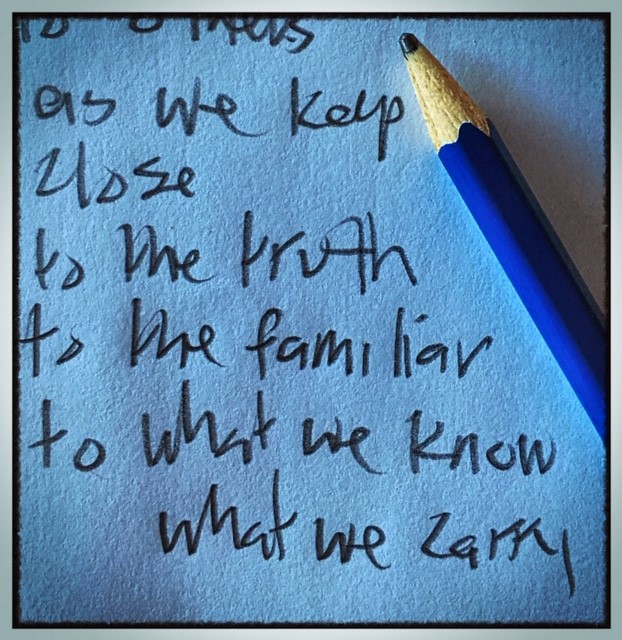I went out last night to look up at the full moon, but instead spent my time looking for it.
The Strawberry Moon was to be a Super Moon, appearing brighter and closer than normal. The Strawberry Moon sort of ushers in summer, and the weather last night was warm enough to signal that it might be true.
I took the elevator up to the rooftop of our building with the intention of sitting and staring for a while.
Stillness, under the full moon, was not to be.
The moon was not visible to me.
Toronto’s growth continues upwards. Cranes and condominiums are everywhere, all the time. I notice this daily. Finding a patch of sunlight in downtown Toronto is becoming more difficult as the buildings get taller and the shadows grow longer.
I had not noticed, or paid attention to, how the views had changed at night, until last night.
The spot I intended on spending time in the moonlight — the exact spot where I stood and photographed the September 2015 lunar eclipse in all its glory — would not serve me well.
My view of the moon has been blocked. Residents of buildings that have been built over the past five years can now see the sights while I can no longer can.
Not from here.
I thought further through the night, the type of thinking a full moon can force you to do, and I began to thinking about where I am and questioning what I was doing here.
I long to sit under the big sky and watch the moon, unobstructed, on a hot summer night.
Maybe it is time I should become more mindful about doing that.
-
Mindful Under The Full Moon
-
Om Shanti
may your spirit
find peace
and your mind
receive the clarity due
with gentle thoughts
guiding you
through days
when clouds encroach
on your sky
and trees cannot offer
the comfort
of a shadow
reach out for the light
reach up
and find
your own sunshine
let it burn for all
your hopes and with
all your strength
and stillness
om shanti© 2016 j.g. lewis
-
Seeking Comfort
I’ve not been sleeping well these past couple of years. I know I’m not the only one who has had a persistent plethora of pandemic concerns, but I’ve also been struggling with an issue that has dogged me even longer than that.
Fortunately, this “issue” has been “resolved” over the past few weeks, and I could literally feel the years of constant stress and aggravations dissolve. Still, I still wasn’t sleeping. Or rather, I was sleeping in fits and starts.
My favorite pillow, my old reliable, was once supremely comfortable. I’m not sure your favourite pillow starts out that way, yet over time you get used to where you lay your head each night, This particular pillow was the type you could lightly bunch up to read or watch television. I liked this pillow so much I ignored the other pillow on my side of the bed.
Times change, or pillows change, and (like each of us) they grow old.
So I bought a new pillow a few days ago after sensing the pain in my neck was more than continued mental strain. I have been restless too long. My neck was sore in the morning and the rest of my body was stiffer than it used to be.
I went to stores, studied the selection of pillows, and compared the models and with the same concentrated attention you would use to select a new pair of sneakers. I looked closely at the varying level of firmness, the materials used (debated natural over synthetic) and structure of the pillow.
I settled on “medium support” recommended for those who sleep on their backs or sleep on their sides. I do both, perhaps because I would often adjust myself in the middle of the night, continually trying to get comfortable. Realistically you would say I tossed and turned.
We are all looking for comfort, particularly at 3:13 a.m.
Saturday night I started my sleep on my back, drifting off after I began reading a book from a friend. I was still in that position when I woke up Sunday morning. Now, I may have adjusted myself in the night (I honestly don’t remember; it was that deep of a sleep) but I was on my back when I awoke. The next night was much the same. I woke calm and unconcerned. I felt comfortable, again, when I woke up on my back (again).
I believe I have found the comfort I was looking for. More so, I seemed to have found the comfort I needed (and deserve). I believe the new pillow is responsible.
I think we should all seek comfort in our lives and make the adjustments necessary to reach that goal.
You end your days on a pillow and begin them there as well. Shouldn’t the hours between be in your best interest? Your bed is the one spot where you spend a third of your life and you return to it daily. It’s only right that your bed remains comfortable in these days of disillusion and discomfort. When you are well rested, it should that make for betters days ahead.
-
Another Wednesday
Wednesday sits naked
and ordinary
waitingbetween the bookends of restive Sunday
and social Saturday. The day is
little morethan a cluster of hours or a stop on the
treadmill. Indecisive and
lonelynobody chooses a Wednesday. Nothing
happens
on a Wednesdayand it’s the same each week.
© j.g. lewis
Sept 11/01, a Tuesday. London Subway bombings: July 7/05, a Tuesday, also July 21/05, and also a Tuesday. Assassinations: John Lennon on a Monday, Martin Luther King Jr. a Thursday, and John F. Kennedy a Friday. Kurt Cobain’s body was discovered on a Wednesday, but he chose his way out three days earlier. Nothing happens on a Wednesday.
There are fewer concerts mid-week, and opening night is never a Wednesday. They never open the Olympics on a Wednesday. Nobody gets married on a Wednesday.
Yet, each week, I choose Wednesday.
When I launched Mythos & Marginalia.com more than seven years ago, Wednesdays were all I planned.I had other thoughts, daily, but Wednesday was the day. I made that commitment.
I wrote every damn day, so I began filling up more than Wednesdays. Mondays became young Fridays, and there was a lot more going on than I originally thought, so here we are.
This is Wednesday and there is a new design to the page; it’s another challenge I will slowly figure out, yet that’s the same for any other day. But today is Wednesday and there is more to read and more to see.
And I’m sure there will be something more tomorrow.
-j-
-
Certainty
we litigate our sorrows
mediate happiness
negotiate contentment
barter wisdom for unsuspecting logic
did we stop
looking
for the trust
for the certainty
in what we know
what we carry
veiled imperfections
spiteful recollection
accepted resentment
the perseverance of inadequacies
as we keep
close
to the truth
to the familiar
to what we know
what we carry
compromised ethics
unwritten guarantees
pathetic promises
admit what you have lived through
© 2019 j.g. lewis




